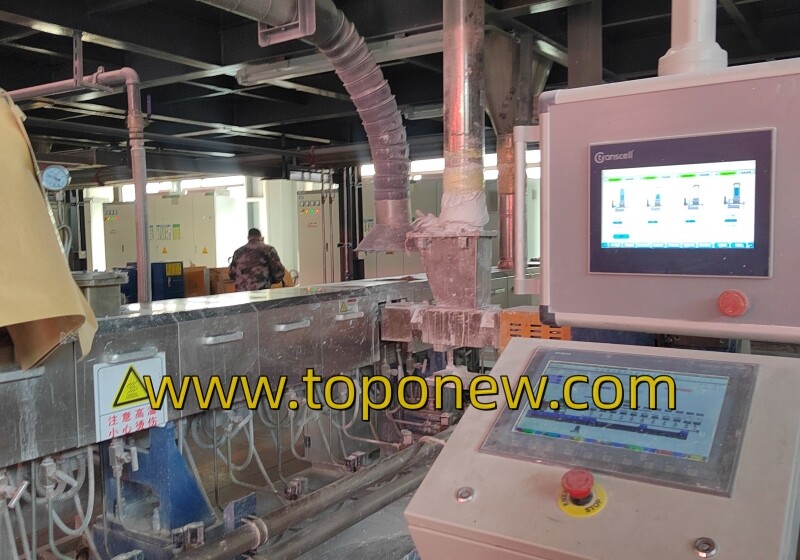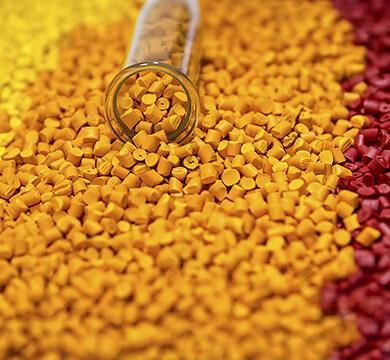Erreur de format d'e-mail
emailCannotEmpty
emailDoesExist
pwdLetterLimtTip
inconsistentPwd
pwdLetterLimtTip
inconsistentPwd

Offer Technical Support and Customized Solutions
The company is committed to creating new and improved plastic materials to meet the evolving demands of the market.

Demystifying the Plastic Granules Production Process: From Raw Materials to High-Quality Pellets
Introduction:
Plastic is an integral part of our daily lives, encompassing various materials and applications. In this blog, we will explore the production process of plastic granules, the fundamental building blocks for creating plastic products. Join us as we uncover the key steps involved in transforming raw materials into high-quality plastic pellets.
Composition of Plastic:
Plastic is primarily composed of high-polymer polymers, or synthetic resins, which serve as the main component. Additionally, a variety of auxiliary materials such as fillers, plasticizers, lubricants, stabilizers, colorants, and antistatic agents are incorporated into the polymer compound to enhance plastic performance.
Types of Plastics:
Different types of plastics exist, each offering unique properties and applications. For instance, polyethylene exhibits excellent electrical insulation, chemical resistance, and non-toxicity, making it ideal for packaging films, insulation materials, and pipes. On the other hand, polyvinyl chloride boasts exceptional electrical insulation and resistance to organic solvents but is unsuitable for food packaging due to its poor thermal stability. Other examples include polypropylene, which combines mechanical strength, electrical insulation, and chemical resistance, and polystyrene, known for its transparency and shock-absorbing foam properties.
2.The Production Process of Plastic Granules
Raw Material Preparation:
Prior to extrusion production, raw materials are processed into plastic particles or pellets. The quality of these particles directly influences the final plastic product's quality. Adjustments to the raw material formula are made based on product characteristics. Raw materials are uniformly mixed using a mixer to ensure proper blending before being fed into the plastic extruder's feeding system.
Plastic Extrusion and Pellet Production:
The plastic pellet machine, a type of plastic extruder, plays a crucial role in transforming the mixed raw materials into plastic pellets. Before production, the machine is heated to the desired temperature. Once the set temperature is reached, the raw materials are fed into the extruder's feeding system. It is important to note that the extruder cannot operate without a continuous flow of feed.
Processing and Granulation:
Within the extruder, the raw materials undergo a series of treatments, including shearing, compressing, and mixing, facilitated by the rotating screw. These processes heat, plasticize, and refine the materials. The resulting molten plastic is extruded through a die, forming multiple cylindrical strips. These strips are then cooled with water and conveyed to the pelletizer by a traction machine. Finally, the strips are granulated into plastic pellets, concluding the primary production phase.
Tailoring the Process: The production process for plastic pellets can vary based on the desired quality and pellet type. Manufacturers must carefully select the most suitable technique to ensure optimal results. Factors such as material characteristics and intended applications play a crucial role in determining the appropriate production approach.
Conclusion:
Plastic granules are the backbone of countless plastic products we encounter daily. By understanding the plastic granule production process, from raw materials to pelletization, we gain insight into the intricate journey of transforming plastics into valuable and versatile materials.

